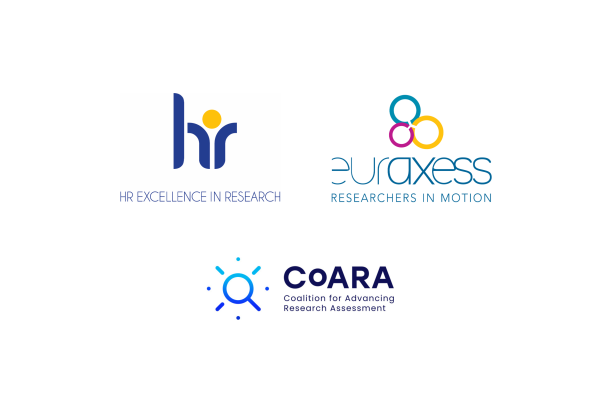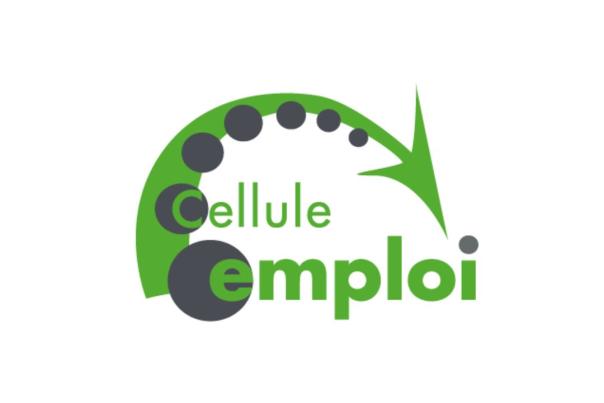Are you a doctoral candidate or in the middle of your doctoral career? Here you'll find the information you need to build your career.
The doctoral path
The doctoral curriculum comprises six compulsory stages: admission to the doctorate, registration, confirmation stage, constitution of a thesis jury, private defense and public defense.
These stages are supplemented by doctoral training, which essentially consists of specific activities linked to the profession of researcher. It leads to the award of a certificate of research training (certificat de formation à la recherche), representing a lump sum of 60 training credits.
Two doctoral orientation commissions (commissions doctorales d'orientation - CDO) are responsible for validating the various stages of the doctoral program, in compliance with the university's doctoral regulations.
First-time doctoral registration procedure
- Choosing a promoter, a subject and find funding
- Consult the doctoral regulations
- Complete the registration file
Doing a doctorate with an assistantship
Course preparation, marking papers, publications, thesis, etc. For PhD assistants, the list of stressful elements to manage can be long. Sheet n°6 of the PhD Welcome Pack is dedicated to these issues and aims to share a few tips to better prepare for one's assistant load.
Training courses for assistants in particular are also available at UNamur. You'll find them in the transversal training catalog.
Recruitment procedures
The recruitment procedure for researchers differs according to status. Consult the documents below to find out what steps to take.
Euraxess
The Euraxess program was initiated in 2012 as part of a continuous improvement process to guarantee and improve the quality of services to researchers, encourage and support their mobility by implementing a recruitment policy that respects the European Charter and the Recruitment Code for Researchers, as well as monitoring the Human Resources Strategy for Researchers (HRS4R)and Open, transparent, and Merit based Recruitment (OTM-R) actions.

The Cellule Emploi
Are you a PhD student with questions about your professional future? The Cellule Emploi offers you individual or group support.

Royal Observatory for Scientific Careers (ORCS)
In 2018, the Government of the Wallonia-Brussels Federation approved funding for the creation of an Observatoire de la Recherche et des Carrières Scientifiques, which is integrated into the Fonds de la Recherche Scientifique - FNRS. This Observatory is responsible for monitoring and analyzing the careers of researchers throughout the Wallonia-Brussels Federation. Thematic reports are published regularly.
